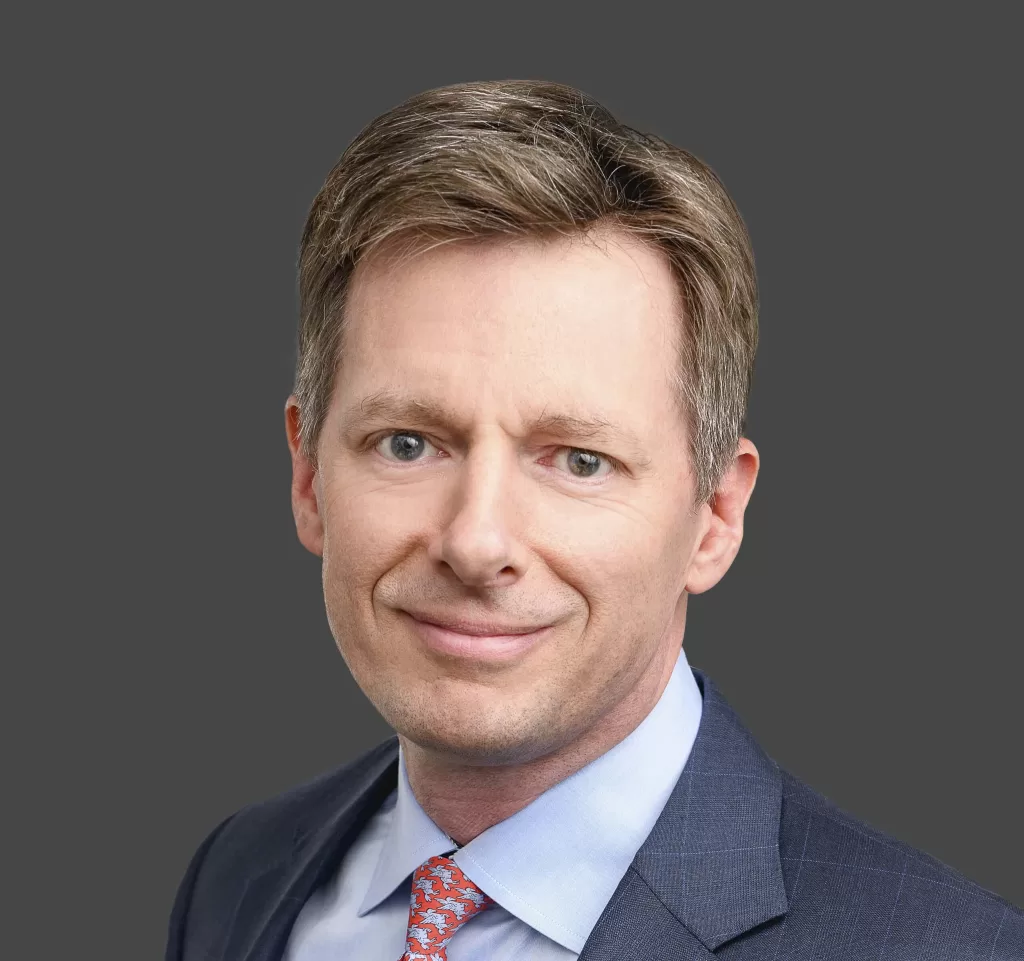Niall Byrne, chief financial officer of QIA (Qatar Investment Authority), the country’s wealth fund, discussed from Doha his two-year tenure and his focus on transforming the QIA’s finance function to support growth. QIA, established in 2005 with the target to create long-term value, invests across nine sectors: retail & consumer; technology, media and telecoms (TMT); liquid securities; infrastructure; financials; funds; healthcare; industrials; and real estate. The QIA holds $526 billion worth of total assets, according to the Sovereign Wealth Fund Institute.
Global Finance: When you took the role of CFO at QIA at the end of 2022, what were your initial areas of focus?
Niall Byrne: When I joined in 2022, QIA was a very well-established organization with a strong finance team. We’ve embarked on a transformation journey to create the state-of-the-art finance function, which hopefully is going to serve QIA for many years to come.
What I want to do is put in place a function, a team, technology systems, an operation that can support the future growth of QIA. Get the right technology in place that’s scalable, that can cope with the increasing size and complexity of everything.
We are migrating our core accounting and investment platforms to a best-in-class, front-to-back solution, and that’s a huge project for QIA. It doesn’t just impact the finance function, it impacts all of the investment teams across the whole organization.
Then I need to create time for my team to do new things that add new value to QIA as an organization. And it’s not about cost-cutting. In fact, my team has grown since I’ve arrived, and I expect it to continue to grow. It is now just over 80 people, and I expect it to grow probably north of 100 over the next couple of years.
GF: Where have you had the most success in QIA so far?
Byrne: The technology journey is probably the most complex part of what’s going on at the moment. And we’ve already seen some successes there. It’s a multiyear journey. As we roll into 2025, we’ll have the core accounting platform in place. And then we’ll be adding things that will be much more visible to the investment teams, such as the way we report on performance.We obviously already have a performance management system, but we’ll have a new cloud-based system.
GF: Is there any concern about moving to the cloud, from a security point of view?
Byrne: Obviously that’s always a focus for any organization. We follow best practices in terms of the security that we demand of our vendors. We’re doing this in a measured, considered way and making sure that it meets all of our requirements, and we don’t jeopardize the security of any of our data.
GF: What are QIA’s key focus areas for investment in terms of geographies and industries?
Byrne: Our mandate is to protect and grow the state’s financial assets and to help diversify the local economy. We invest on a global scale, across multiple sectors, geographies, and we build up strong partnerships with our investee companies, because we’re a long-term investor, we’re able to do that. We have a diversified investment approach, and we really focus on sectors that we think will shape the future global economy, such as technology, healthcare and solutions that power the energy transition.
GF: During your career as a senior financial figure, what have been your best and worst moments?
Byrne: I would say the best is coming to QIA. I’ve worked in many different roles over my career. I was at JPMorgan Chase for a long time. I’ve worked in front-office and support functions, different locations, different businesses. At QIA, I have the opportunity to bring all of that together, leverage all of my experiences, and really deliver value at a level that can positively impact an entire organization. It’s great to be able to do that in such a complex role as the one I have here, and everything I’ve done before essentially prepared me for that task.
Leaving JPMorgan after 25 years was a big step, obviously, for me and my family. I wanted that fresh challenge, a new organization, new set of colleagues, new country and region.
The worst moments involve recognizing when a role isn’t providing the expected challenge and taking action to address it. And that doesn’t sound like a bad moment, but those moments are actually pretty challenging, because you’ve got to recognize that you’re in that situation and then take action to address it.
GF: What can you suggest to a young person aspiring to a career as a CFO?
Byrne: If you’re starting out knowing that you want to be a CFO, it’s great to have that clarity. Number one, invest in yourself. I would also be flexible: you may have a plan, but you need to adjust your plan as opportunities come up. If something different comes up, embrace it, because over time, you’ll build a portfolio of experiences that will make you a stronger candidate for bigger and more complex roles. Generally, building your portfolio of experiences is really important. I would also say, be confident, even when you’re right at the beginning. Be confident in your abilities, but stay humble, ask lots of questions. Admit when you don’t know something, it’s fine to make mistakes, but learn from your mistakes. Probably the most important thing of all is just do things that you enjoy, you get satisfaction from, because you will do your best work when you love what you do.
